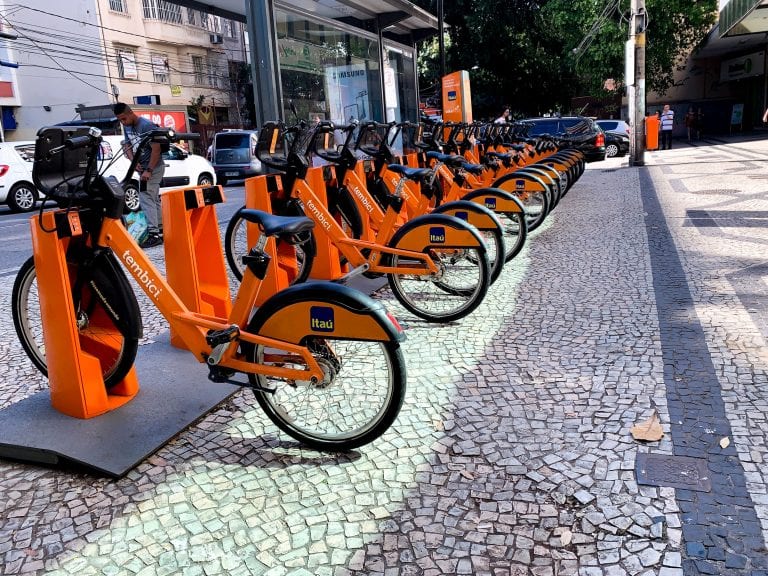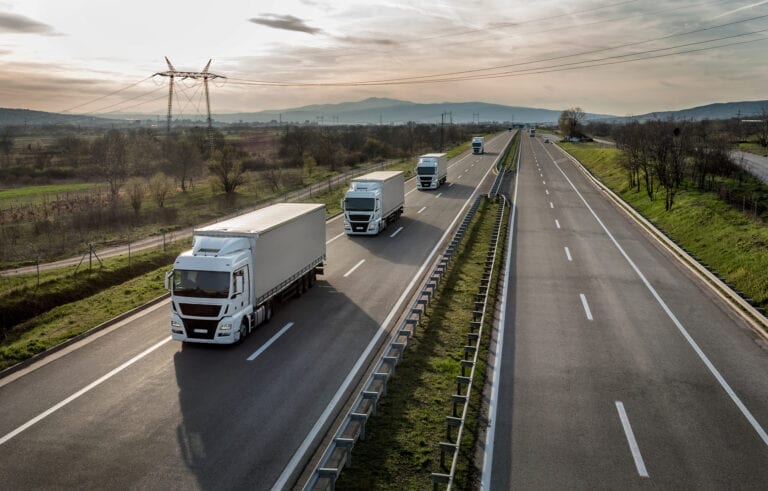
ITDP: Taming Traffic
Demand for and use of private cars is growing worldwide, contributing to major challenges like poor air quality, traffic injuries, and climate change, especially in places experiencing rapid urbanization. Population growth and uptake of vehicles, coupled with inefficient public transportation and land use planning, make traffic a complex problem to manage. While many city leaders recognize that traffic is a problem, they too often focus on road expansions and new highways as the solutions. Not





